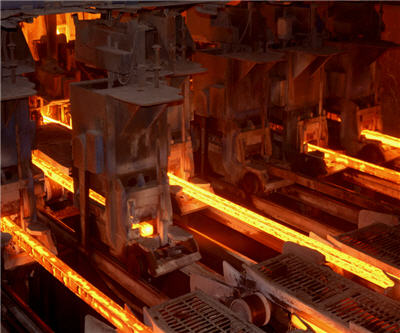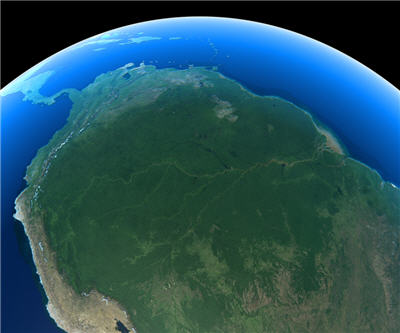Rock star diamond mine Letšeng finds 553 carat beauty
London-listed Gem Diamonds announced Wednesday it has found the world’s 15th largest white diamond at its Letšeng Mine in Lesotho, which is fast-becoming the richest source of large diamonds in the world.
The company said the type II D 553 carat colour diamond diamond is being analyzed in Antwerp at the moment and has not been named. Without the occasional large diamond find, the Letšeng pipe would probably be a marginal deposit, but the mine, 30% owned by the King of Lesotho, has also yielded the 603 carat Lesotho Promise turned into a $12.4 million necklace (pictured). The 493 carat Letšeng Legacy sold for $10.4 million in 2007 and the 478 carat Light of Letšeng went for $18.4 million in 2008.












